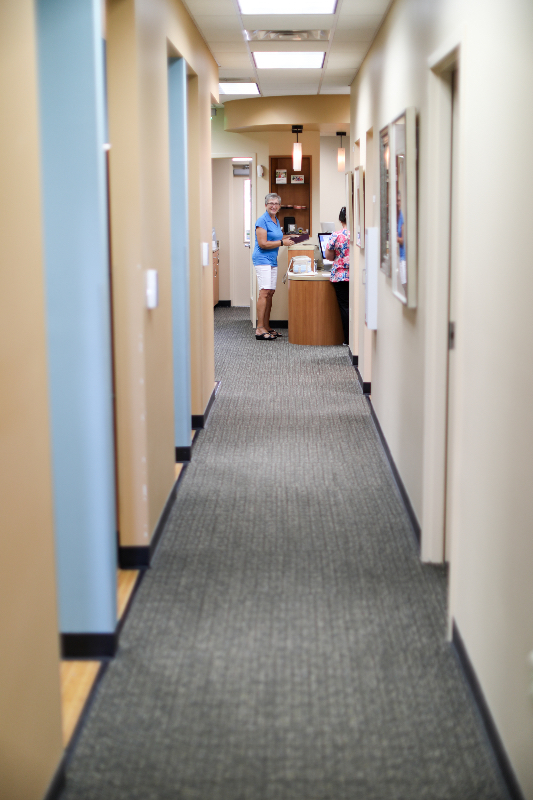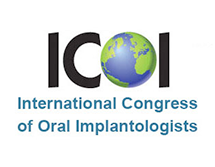Root Canal
What is a root canal?
A root canal is a dental procedure that involves removing the blood supply and the nerve of a tooth. This would be in the innermost layer of the tooth (the core of the tooth) and it extends all the way down the canal system within the root(s). After the nerve and blood supplies are removed and everything is cleaned and disinfected, the area would then be filled with a special inert filling material called “gutta percha.”
How do I know if my tooth needs a root canal?
In a situation when a cavity becomes so large that it penetrates the outer layer of the tooth (called enamel) and the middle layer of the tooth (called dentin), it eventually reaches the innermost core layer of the tooth (called pulp or nerve), the tooth becomes very painful and the only way to get rid of the pain is remove the nerve and do a root canal.
The other situation when a root canal is needed is if the tooth becomes abscessed and the gums around the root of the tooth become swollen. This could be diagnosed by Dr. Heydari on a dental X-ray. In severe cases the face may also become very swollen.
Do you always need a crown after a root canal?
Yes. In most situations it is best to do a crown after a root canal. The reason is that after a root canal procedure is done there is no longer blood flowing through the tooth and the tooth becomes very brittle and is prone to breaking at gum line, in which case it would have to be removed. By putting a well-sealed crown we would make sure that no bacteria penetrates the tooth or its root structure and the tooth could remain in the mouth for many years to function properly.
Do root canals hurt?
In the hands of a very trained dentist or an endodontist, root canal procedures are virtually pain-free. Many patients describe a bad past experience with a root canal. However, with the latest techniques in dentistry and the use of a microscope and 3-D cone beam scanners root canals are very predictable and also comfortable for the patient.







